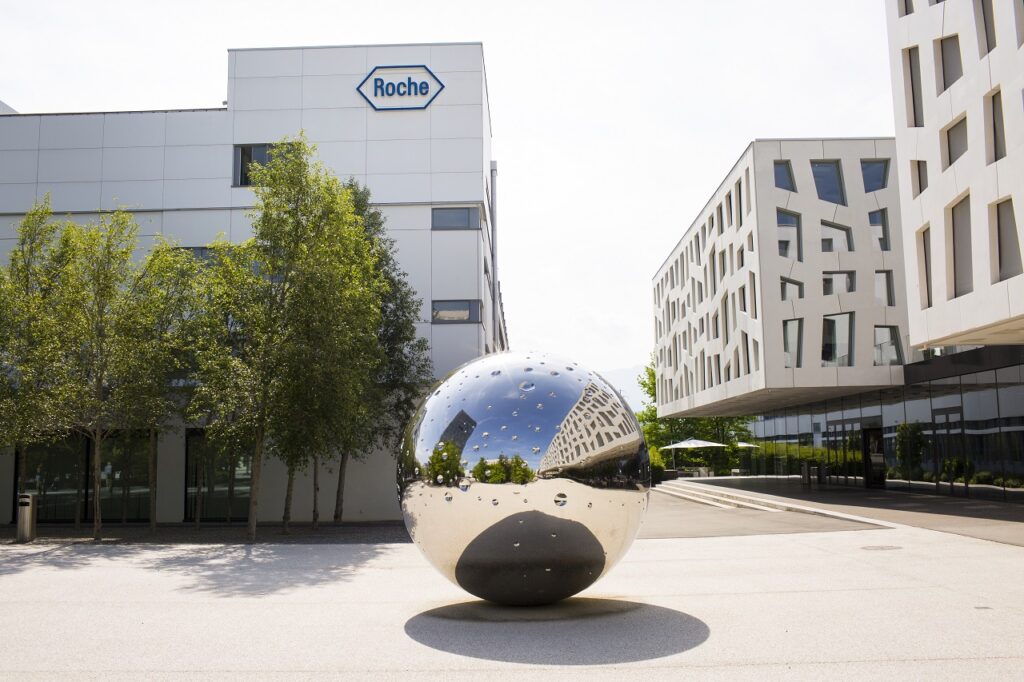Swiss healthcare company Roche has received the US Food and Drug Administration (FDA) priority review for its Evrysdi (risdiplam) to treat spinal muscular atrophy (SMA) in new-borns.

Roche gets priority review for Evrysdi to treat spinal muscular atrophy (SMA) in new-borns. Credit: F. Hoffmann-La Roche Ltd.
Subscribe to our email newsletter
The US regulator has accepted the company’s supplemental new drug application (sNDA) for Evrysdi to treat SMA in pre-symptomatic babies, aged below two months.
Evrysdi is a survival motor neuron 2 (SMN2) splicing modifier, intended to treat SMA caused by mutations in chromosome 5q that result in SMN protein deficiency.
It works by increasing the production of the SMN protein in the central nervous system (CNS) and peripheral tissues to treat SMA.
If approved, the drug’s existing FDA label for treating adults, children and babies, aged two months and above, will be expanded to include infants below two months.
Roche chief medical officer and global product development head Levi Garraway said: “Treating very young babies with Evrysdi before SMA symptoms arise may help them to achieve milestones such as standing and walking within timeframes typical of healthy infants.
“Extending treatment access for the youngest members of the SMA community is crucial and we look forward to working with the FDA on this application.”
Roche’s sNDA submission for Evrysdi was supported by interim data from the RAINBOWFISH study.
In the study, a majority of pre-symptomatic babies treated with Evrysdi reached key milestones such as sitting, standing, walking and maintained the swallowing ability, after the treatment for 12 months.
The initial interim data showed that majority of the babies were also able to feed exclusively orally.
The most common adverse events included nasal congestion, cough, teething, vomiting, eczema, abdominal pain, diarrhoea, gastroenteritis, papule and pyrexia.
Roche is developing Evrysdi in five SMA clinical trials, FIREFISH, SUNFISH, JEWELFISH, RAINBOWFISH, and MANATEE, in collaboration with the SMA Foundation and PTC Therapeutics.
Evrysdi has received PRIME designation from the European Medicines Agency (EMA) in 2018, and Orphan Drug Designation from the US FDA in 2017.
The drug is currently approved in 70 countries and the is being reviewed in 31 countries.
 Advertise With UsAdvertise on our extensive network of industry websites and newsletters.
Advertise With UsAdvertise on our extensive network of industry websites and newsletters.
 Get the PBR newsletterSign up to our free email to get all the latest PBR
news.
Get the PBR newsletterSign up to our free email to get all the latest PBR
news.

